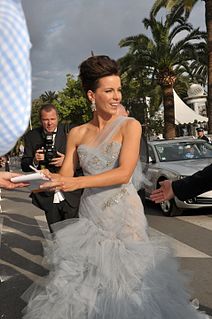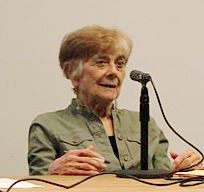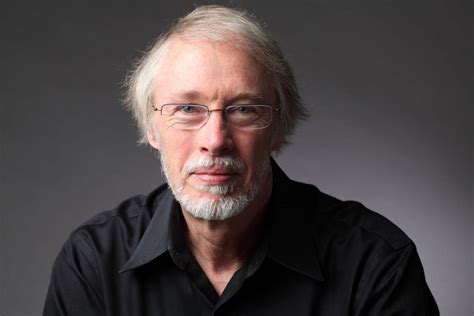A Quote by Philip K. Dick
My major preoccupation is the question, 'What is reality ?' Many of my stories and novels deal with psychotic states or drug-induced states by which I can present the concept of a multiverse rather than a universe. Music and sociology are themes in my novels, also radical political trends; in particular I've written about fascism and my fear of it.
Related Quotes
In Pakistan, many of the young people read novels because in the novels, not just my novels but the novels of many other Pakistani writers, they encounter ideas, notions, ways of thinking about the world, thinking about their society that are different. And fiction functions in a countercultural way as it does in America and certainly as it did in the, you know, '60s.
People who know and read comics know that there's a huge diversity amongst the types of stories. Nobody ever goes 'how many more of these movies based on novels are there going to be?!'. People laugh at that question and they go novels, there are all different types of novels. But there are all different types of comic books, they just happen to have drawings on the cover!
I think that we're at an alarming moment in American political development and maybe in world political development, because the United States is so influential. If the trends of the last thirty or forty years are not halted and reversed - and those trends include increasingly inequality, a crumbling public life, a disintegrating public infrastructure, an exhausted ecology, and a huge war arsenal, and more and more war making - then I'm rather gloomy about the prospects for the American future and the harm that the United States could do to the world.
I find Chinese debates about their political system domestically, but also about China's claims in the international system, to be among the most original and surprising and exciting of our time. The starting point is a system that none of us had anticipated, which I call Leninist capitalism, but also obviously because it is the most important emerging power. The question of China's relations with the United States in particular, and the rest of the world in general, is the question of war and peace in the 21st century.






































